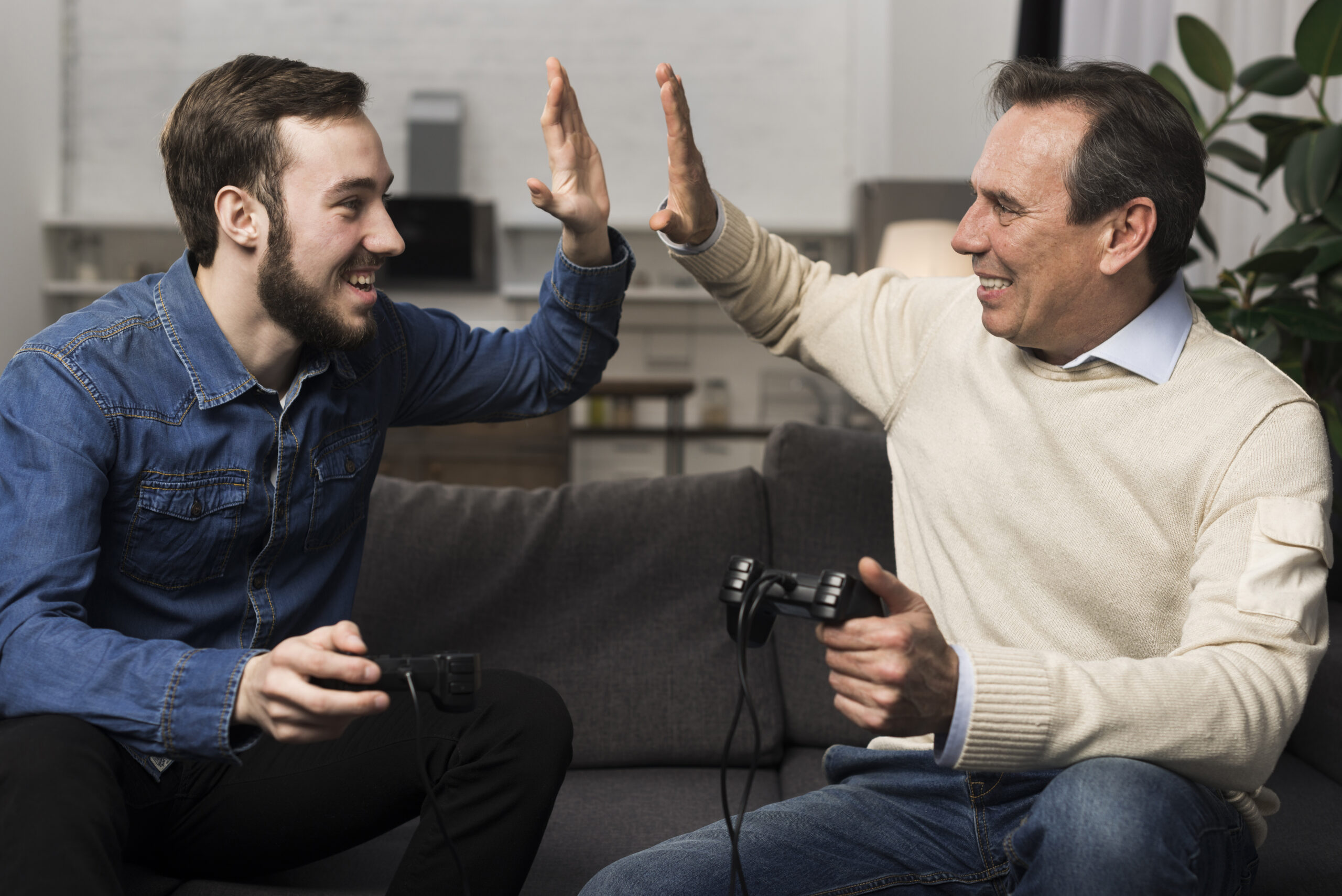Whether it’s the thrill of landing a perfect headshot in a first-person shooter or the satisfying clink of a jackpot in a digital slot game, video games have long tapped into our brain’s reward system. What keeps us coming back isn’t just fun—it’s science.
Why We Crave That “Just One More” Moment
Video games, regardless of genre, are masters at triggering dopamine release. This neurotransmitter plays a central role in pleasure and motivation. Game developers understand this well, which is why even casual puzzle games often have built-in reward loops that escalate as you progress.
Slot-style games, for example, are designed around variable reward schedules. This means the outcome of each spin is unpredictable, which actually makes the game more compelling. The human brain loves surprises—especially the kind that come with flashing lights and sound effects.
Video Games as a Reflection of Behavioral Science
Gamified systems aren’t just for entertainment anymore. Loyalty programs, fitness apps, and even workplace tools borrow concepts from video game design to keep users engaged. The mechanics that once defined arcade machines are now shaping how we interact with technology across industries.
That said, it’s worth understanding where the entertainment ends and compulsion begins. Players should be aware of the psychological hooks in place—not to avoid them entirely, but to engage with them consciously.
Casual Gaming and the Rise of Low-Stress Play
In recent years, there’s been a noticeable shift toward low-pressure games. These are the titles you play not to win, but to unwind. Digital slots, virtual farming sims, or narrative-heavy games fall into this category. For many, they serve the same purpose as meditation or watching a TV show.
In this space, platforms like livo88 login offer a version of digital escapism that aligns with the broader gaming trend: minimal barrier to entry, simple mechanics, and short bursts of dopamine-fueled satisfaction.
Final Thoughts
Gaming today is more than just a hobby—it’s a reflection of how we seek connection, stimulation, and even routine. Understanding the psychological scaffolding of these systems doesn’t ruin the fun; it enhances it. So the next time you queue up a new game or load into your favorite digital world, take a moment to appreciate the design decisions guiding your experience.
Not all spins are random. Some are carefully crafted to keep you spinning.




